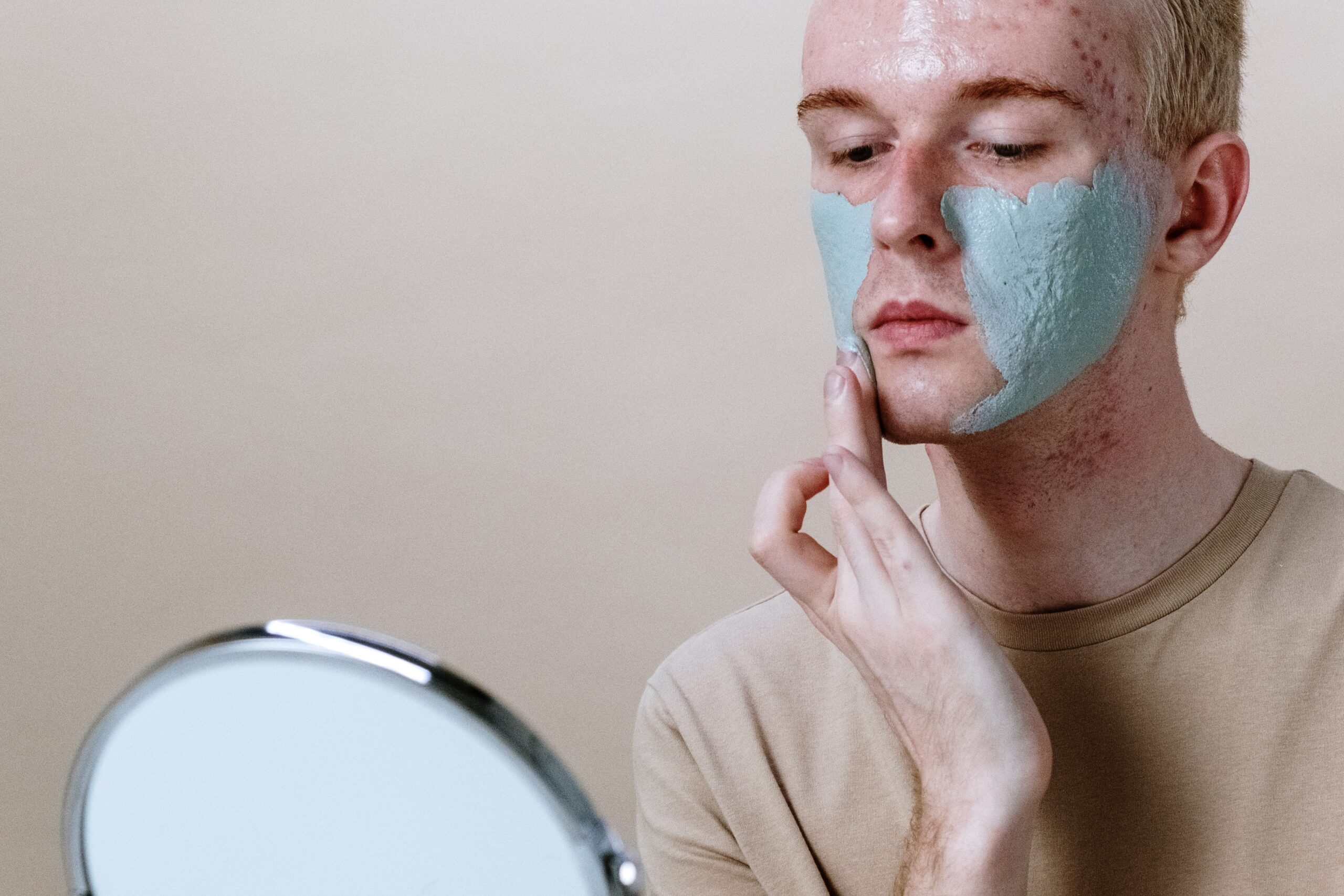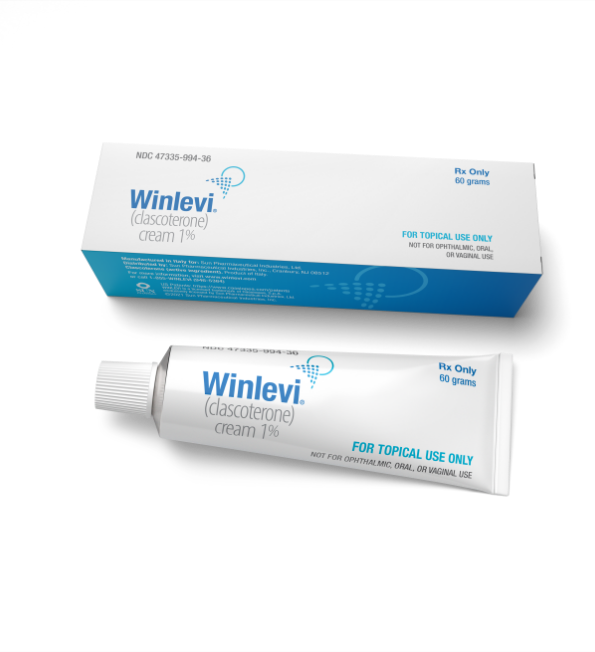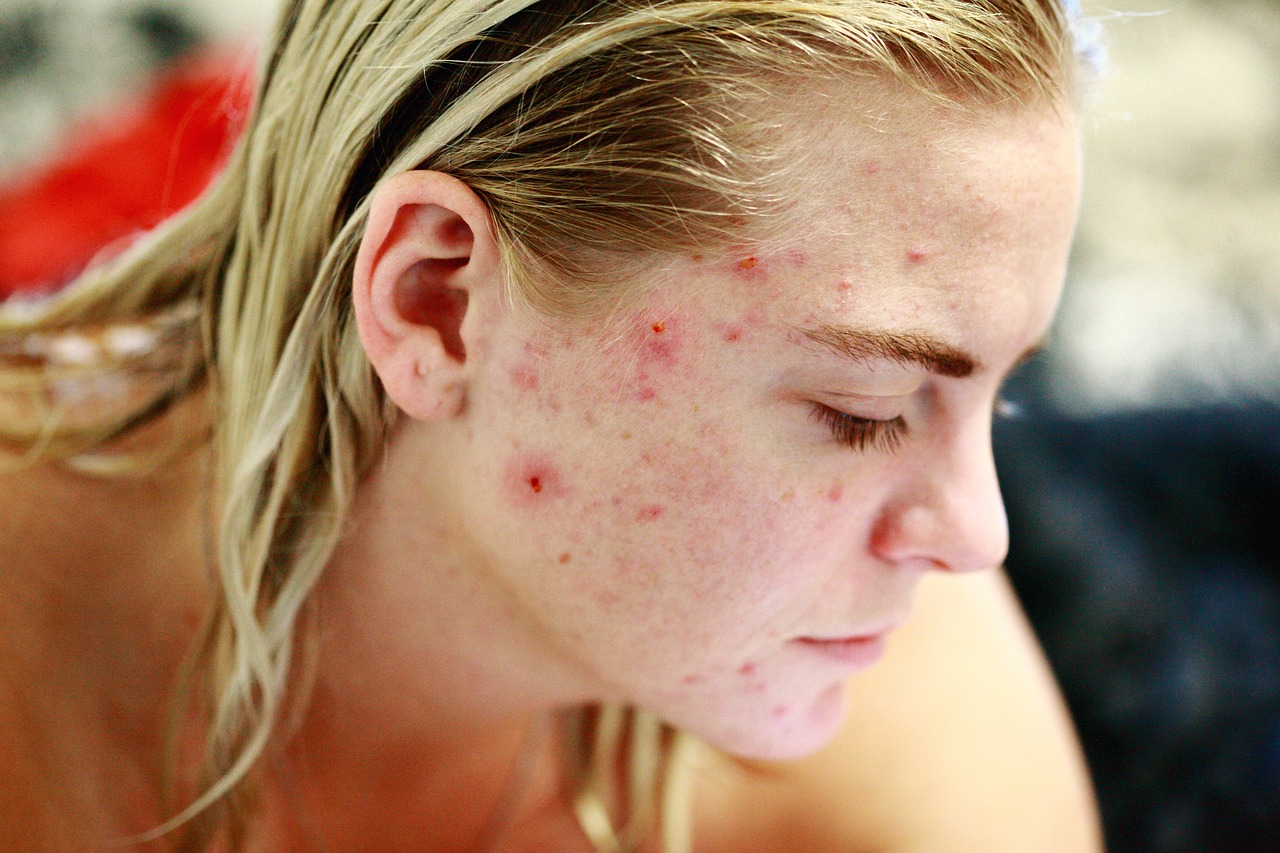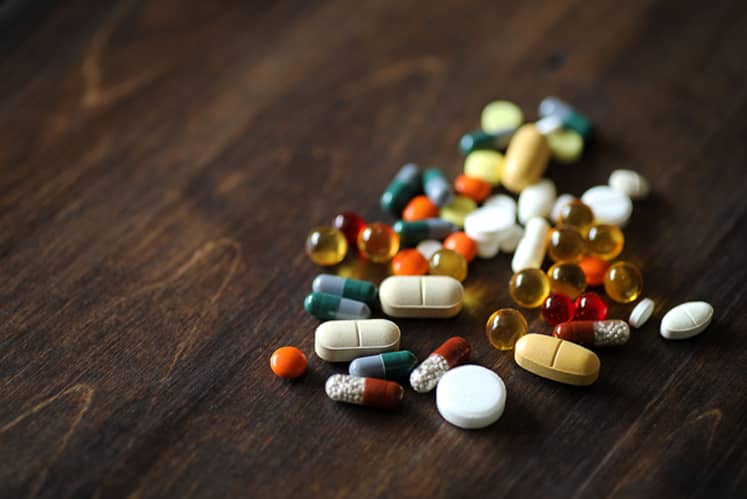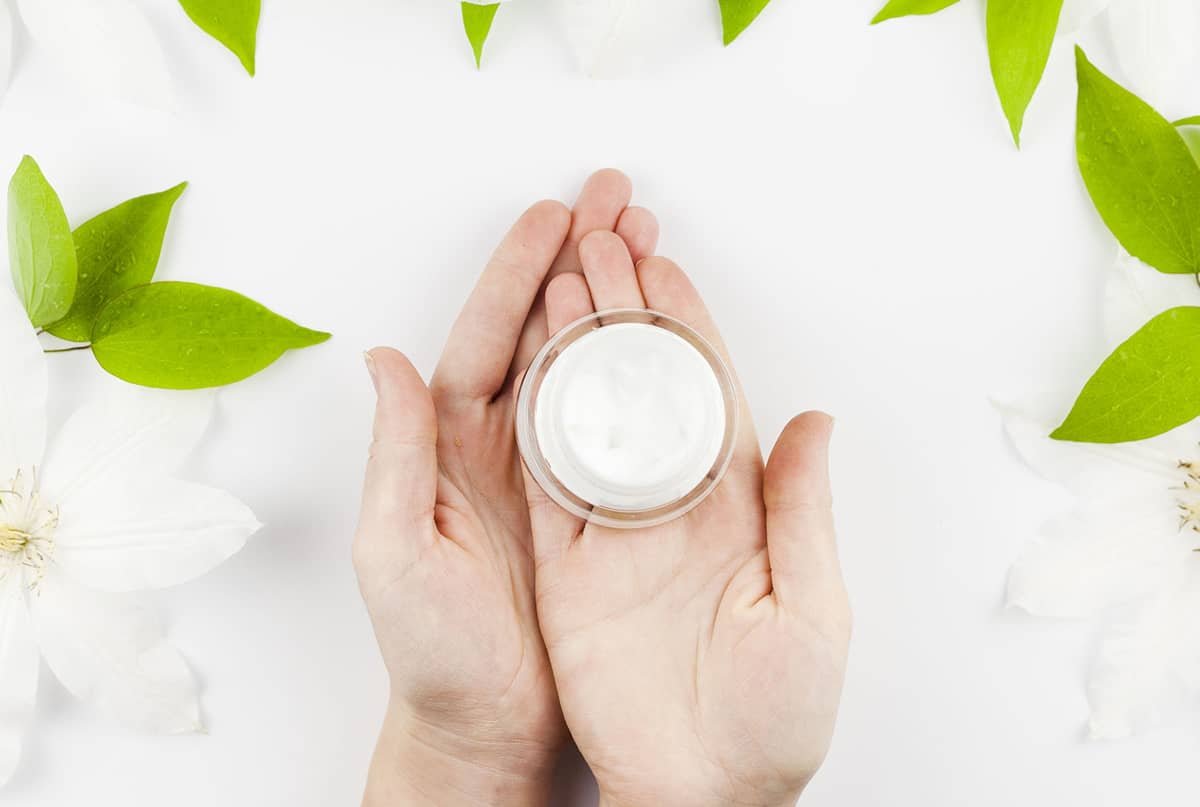It is important to maintain a good level of personal hygiene in order to prevent outbreaks of acne. A few pointers to good personal hygiene for prevention of acne outbreaks are given below:
-
- Always make sure your face is clean. It does not matter if you have acne or not, you should make sure that you wash your face two times in a day to get rid of pollution based impurities, dead skin cells, as well as the excess of oil on the skin’s surface. If you wash your face more than two times a day, it may not provide any benefits and may cause damages to the skin. Also remember to use warm water instead of hot water with a mild, specially designed face cleaning agent. It’s preferable to use a face wash instead of soaps because many soaps contain deodorants for the body and these can aggravate an already red, inflamed skin, and result in aggravation of acne and irritation.
-
- Do not scrub the skin in a very vigorous manner using things like a washcloth, exfoliating gloves or sponges with a very rough texture. It’s better to wash the skin gently using only your hands or a very soft cloth. Don’t forget to pat the face dry using a clean towel.
-
- It is important to moisturize even if you have acne. A majority of acne products have ingredients which can make the skin very dry. Therefore, it is advisable to use a moisturizer to combat dryness and prevent skin peeling. For this purpose, you should look for the word “noncomedogenic” on the moisturizer label, as this means that the product will not result in acne outbreaks. In the market, moisturizers are available for various skin types including oily, dry, and combination skin.
-
- For mild acne, you can try an over-the-counter acne medication. Such acne medications can be obtained without any doctor’s prescription. A majority of such products are known to contain ingredients like benzoyl peroxide, salicylic acid, glycolic acid, or lactic acid, which act and lessen bacterial growth on the skin and can also help in preventing infections of the skin. These products also act as drying agents and can cause skin peeling, so it is best to begin by using just a little quantity in the beginning. Later on, if these products suit your skin, the quantity and frequency of use can be increased or decreased as needed. One other suitable option is looking for an over the counter acne topical gel product with retinoids. This gel works and acts to prevent the formation of acne. As with any medical products, be careful in using them if you have sensitive skin.
-
- Use limited amounts of makeup. When you are suffering from an acne breakout it is best to avoid the use of cosmetics such as foundation, powder, and blush. If you must use makeup, make sure to follow a good washing and cleansing routine at the end of the day. Never sleep with your makeup on and, whenever possible, select oil free cosmetics that do not have dyes and harsh chemical components. Choosing makeup labeled as “noncomedogenic” is advised, as it may not result in acne outbreaks. You should carefully study the ingredients list of cosmetics and makeup items before purchasing them to ensure that they do not cause acne.
-
- Be cautious of the hair products you use on a regular basis. It is better to avoid usage of scented fragrances, oily items, pomades, and greasy gels on the hair. When these oily products move to your face, they clog up the skin’s pores and cause high levels of irritation on the skin with red inflammation. Remember to select and use gentle shampoos as well as conditioning agents. The presence of oily hair raises the levels of oil on the face and as such you must wash your hair frequently, especially when you have acne breakouts. If you wear a long hairstyle, be sure to keep the hair away from the skin of your face.
-
- Keep the hands away from your face. It is best to not touch your face all the time or prop the cheek or the chin on top of your hands. It can lead to the spread of bacteria which in turn results in further irritation of an already inflamed facial skin. It is also best to avoid picking and popping acne pimples using your fingers, as this always causes skin infection as well as some degree of permanent scarring.
-
- Do not stay for long periods in the sun. The sun has ultraviolet rays which can easily aggravate previous inflammatory reactions and redness on the skin. This can result in post inflammatory hyperpigmentation, which refers to the formation of dark discoloration. Certain acne medicines might render the user’s skin more sensitive to sunlight. As such, it is best to curtail the time spent exposed to the sun, particularly from 10 in the morning to 2 in the afternoon. If you must be out in the sun at such times, be sure to use protective clothes like a long sleeve shirt, pants paired with a broad, brim hat. No matter the incidence of acne, there is the need to use a broad spectrum sunscreen that has at least a SPF 30 or higher about half an hour prior to moving out into the sun. Once again, it is best to select non-comedogenic sunscreen products that won’t cause an outbreak of acne. As stated before, cross check the ingredients label on your sunscreen products so that you are aware of what is being put on the skin.
-
- Correct feeding of the skin. It is universally accepted that some food items such as chocolate are not the cause of acne and pimples. However, it is best to consume less oily, greasy foods, as well as junk food. Instead, you should consume more fresh vegetables, fruits, and unprocessed whole grains in your daily dietary plan. In some people, excess consumption of dairy products as well as food items that have a really high processed sugar content can cause an acne outbreak. If this is seen more than once, such people should consume these products sparingly.
-
- You need to do exercise every day. Doing regular exercise is not just necessary for the body but also essential for a good skin. When one is exercising, it is best not to wear clothes or use exercising equipment which constantly rubs against the skin, as this might result in inflammation or irritation. It is also necessary to bathe after exercising to maintain good skin hygiene.
-
- Do not stress out. Many research studies have focused on the association of stress with the degree of severity of an acne outbreak. In order to avoid these stress related acne incidents, one should recognize underlying causes of stress and find suitable means of relieving it in order to have healthy skin.
